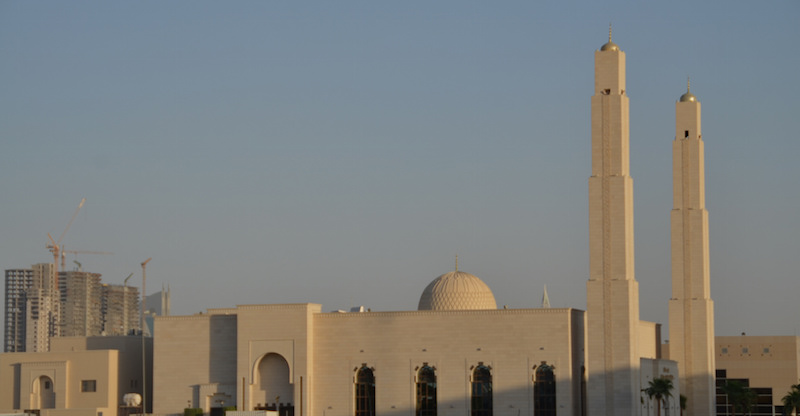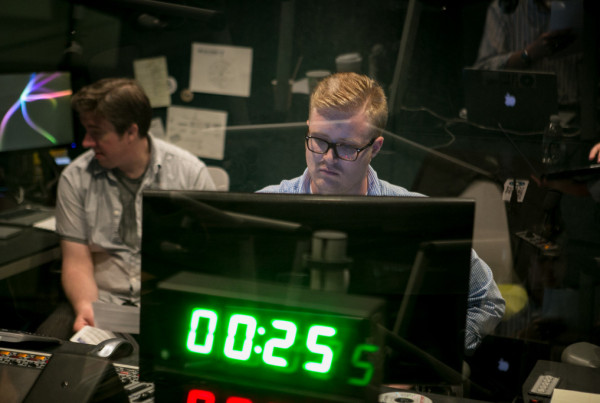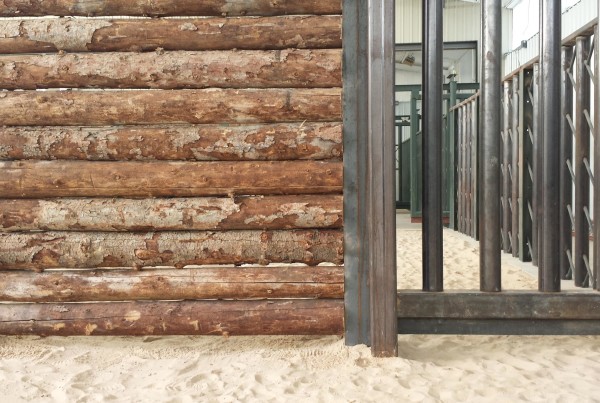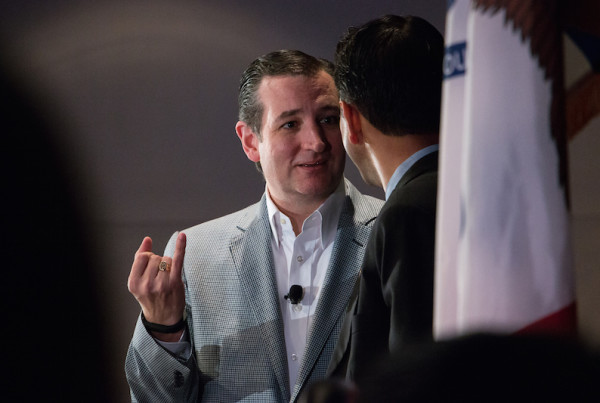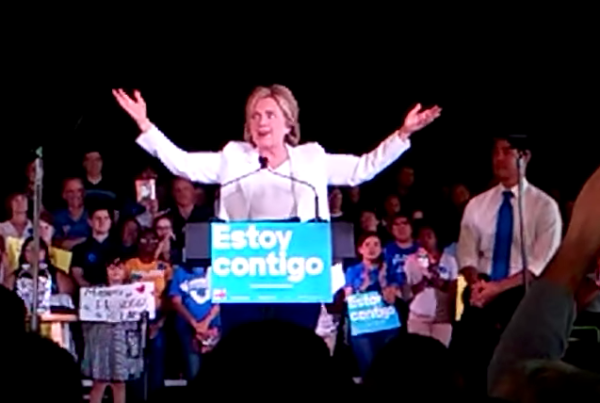During President Obama’s Oval Office speech he said Americans were not alone in the fight against the self-proclaimed Islamic state. It’s also the “responsibility of Muslims around the world to root out misguided ideas that lead to radicalization,” he said. Obama touted a 65-nation coalition committed to taking down ISIS, including many key Arab allies like Saudi Arabia.
So what can we expect from the Government of Saudi Arabia in the fight against ISIS? Hear from former Saudi Ambassador Robert Jordan, who published his memoir Desert Diplomat: Inside Saudi Arabia Following 9/11 earlier this year, serves as Diplomat in Residence and an adjunct professor of political science at Southern Methodist University.
On lessons from post 9/11 Saudi Arabia:
“The Saudis were very effective after a couple of years in eradicating al-Qaida rom Saudi Arabia. It took some bombings of Western housing compounds in 2003 to really get their attention, but once their attention was focused, they were effective. I think now their attention is not focused, they’re completely wound up with the war in Yemen and I think they have taken their eye off the ball with regard to ISIS.”
On whether the Saudis are doing all they can to stop the flow of money from wealthy supporters to ISIS:
“Probably not, but part of the problem is technology and the way money flows in the Middle East. So much of it flows in cash. A lot of it flows to charitable foundations, which are very difficult to monitor. So we had that same problem when dealing with al-Qaida financing after 9/11. It’s something that our treasury department is heavily engaged in and I think we’re providing them all the assistance we possibly can.”
On the possibility of blowback:
“They understand that ISIS has sworn to take down the Saudi royal family. They want to establish a caliphate in Mecca and Medina, and so the top leadership in Saudi Arabia, I think is very committed to trying to stop the flow of funds and stop their influence, but it’s a somewhat amorphous society in which we have six or seven thousand princes, we have a society that is extremely conservative and there are many members of that society that do want to support a more extremist view. That’s the problem that the Saudis have with their own population.”
On why the U.S., who needs Saudi Arabia in Middle East, has been unable to make the Kingdom to do more:
“I think certainly during my time and my successors’ times, we have been very much in their face about going after terrorism. I can recall meetings with George Tenet, head of the CIA, in which he literally yelled at the Saudis to do more. So I think this can be done, and I think our government is probably doing as much as we possibly can do. I think we have pulled some punches on human rights, and we have pulled some punches on the religious component of this, which I think now needs to be further addressed.”
On what Saudi Arabia can do:
“They’ve got to take a look at the textbooks that they export to the Muslim world, to the madrassas, mosques, and other locations. These textbooks still compare Jews to monkeys. They still talk about jihad. And I think they have abdicated, in a way, their responsibility to the religious establishment that I think they continue to still let run amock throughout the Muslim world in a way that really needs further attention.
“They also need to help us join together a fighting force for the Gulf states, which we’ve been after them for years to do. I can recall when Chuck Hagel was Secretary of Defense, he convened a meeting for this purpose. We’ve got to get them finally focused on a military response to ISIS in addition to dealing with the ideological support, which they, I think at least by indirection, have been allowing to flourish.”


